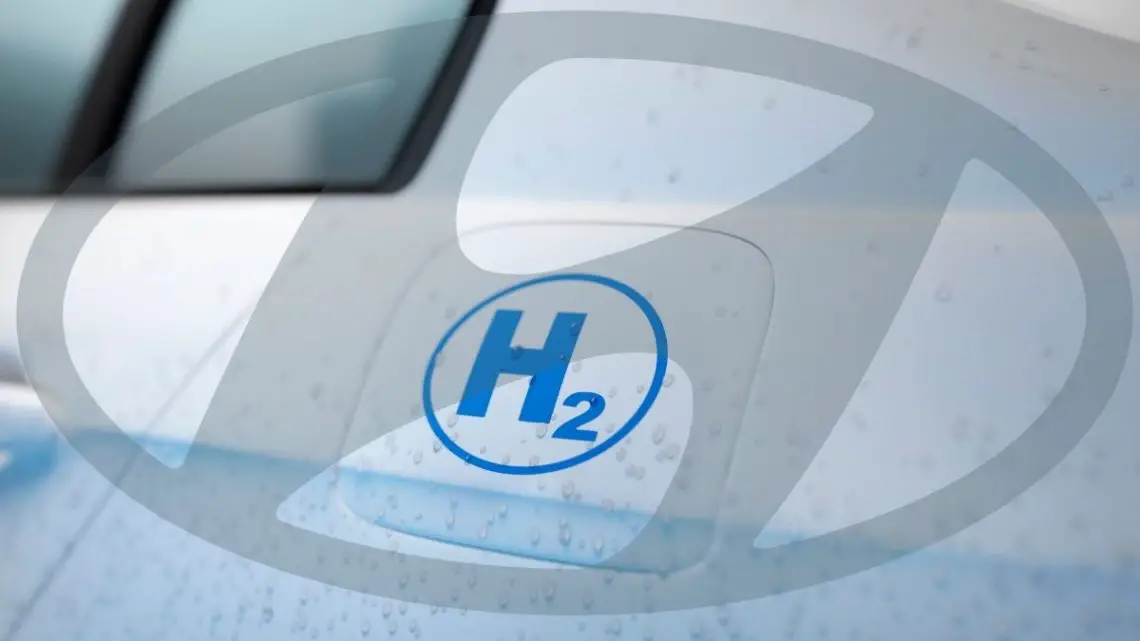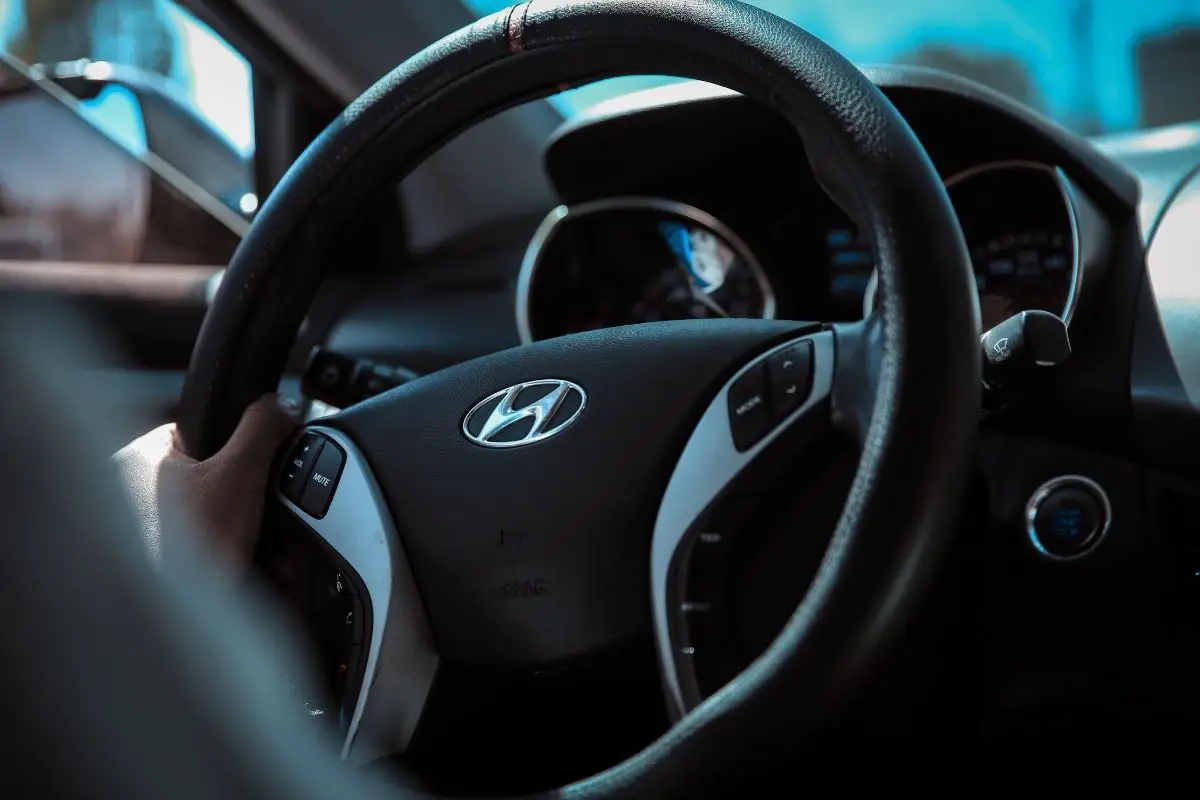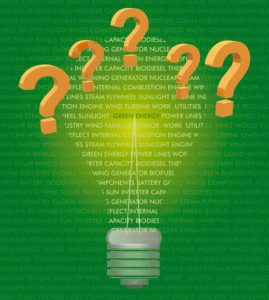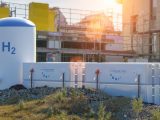
Hyundai backs hydrogen powered cars despite being a decade behind EVs
December 1, 2021 3 By Bret WilliamsThe company feels that battery electric technology is far ahead, but hydrogen cars are still worth pursuing.
Hyundai has announced that while it believes that H2 vehicles remain a decade behind their battery electric counterparts, it is still worthwhile to invest in both zero-emission technologies.
The company still plans to continue in the electric and fuel cell vehicle marketplaces.
Hyundai Motor is investing in electric vehicles (EVs) but is also moving forward with both hydrogen powered cars and heavy-duty trucks. Its first electric hatchback will be on its way to the United States in the next few weeks. Moreover, the automaker also unveiled a battery electric SUV last month in Los Angeles.
That said, even as it starts to roll out new electric vehicles, the Korean automaker also has intentions to bring hydrogen cars into the mainstream. Still, it doesn’t expect H2 vehicles to be the most competitive vehicles until closer to 2030.
Hyundai has already said the system in its hydrogen powered cars and trucks is twice as powerful.
The H2 fuel cell vehicles will not only be twice as powerful as its current version but is also 30 percent smaller and will cost half as much. At the same time, José Moñoz, Hyundai chief operating officer and head of its operations in the Americas said that hydrogen cars remain at about the same point in development that battery electric vehicles had reached in the early 2010s.

“At that time people were still asking, ‘Is this going to happen? This is not true. We don’t have infrastructure. People won’t like it.’ Now there’s (charging) infrastructure; the technology has evolved; the ranges are better; the features are great. And more importantly, people who buy one now say they’ll buy another,” said Moñoz in a recent Forbes report discussing the automaker’s hydrogen powered cars. “Hydrogen is going through a similar phase—the phase of introducing a new technology. But we need better (fueling) infrastructure because it’s still very limited. However, in terms of the reaction by the consumer, when they drive a vehicle that is powered by hydrogen, there is a fantastic reaction.”
 Interested in alternative energy and how hydrogen fuel works?
Interested in alternative energy and how hydrogen fuel works?
Many are wondering…is hydrogen energy the future? There are many signs that point to yes…someday, the world could rely on H2 to keep the lights on – Learn more about How efficient is a hydrogen fuel cell. Also, why big named companies like Rolls Royce, Shell, BP and more investing into green hydrogen projects for the near future – Read more about – Who is the largest producer of green hydrogen? Also, make sure to visit our H2 Learning Center.
About The Author
Bret Williams is a writer and researcher with a passion for trains and renewable energy technology. With over 20 years of experience, he is a recognized expert in the field of sustainable energy, including waste to energy and hydrogen storage solutions. Growing up, Bret's love for trains sparked an interest in energy and transportation systems. This passion led him to explore the world of renewable energy, where he discovered his true calling. As a writer, Brett uses his knowledge and expertise to provide insightful articles and whitepapers on cutting-edge topics related to sustainable energy. Bret is a passionate advocate for the environment and believes that renewable energy is crucial to preserving our planet for future generations. He strives to promote the latest sustainable energy initiatives, new technologies, and emerging trends in the sector through his writing.
3 Comments
Leave a Reply Cancel reply
This site uses Akismet to reduce spam. Learn how your comment data is processed.



 With over 15 years of reporting hydrogen news, we are your premier source for the latest updates and insights in hydrogen and renewable energy.
With over 15 years of reporting hydrogen news, we are your premier source for the latest updates and insights in hydrogen and renewable energy.
Battery EVs have a market for short daily trips and a private charging point that can charge them overnight. The low speed of charging even with fast chargers is not going to change and will remain a significant problem for car drivers that need to drive long distances, or do not have a private charging point and cannot afford to wait to recharge at a public charging point; this problem will become more and more recognised as the experience of owning an EV becomes more widespread. Hydrogen powered EVs (FCEVs) are the answer to this problem but as the article says, hydrogen filling infrastructure is missing, as were charging points many years ago. I have owned an EV for more than six years, but I have a charging point at home, so I also own a petrol engine car for those long journeys, but look forward to the opportunity to buy an FCEV once there are filling stations available.
Plug Power!!!!
It is time for the “Energy Community” to recognize the contribution that Renewable Natural Gas can make for the production of “Renewable Hydrocarbons” and Green Hydrogen. Production of hydrogen from electrolysis of water using Renewable Electricity is not feasible. Renewable Electricity only produces 40% of total electricity today. 60% comes from hydrocarbons–predominantly natural gas and coal fired power stations. There will never be enough wind/solar/hydro power to replace the 60% of today’s electricity plus the extra electricity for Total Electric Transportation–not even addressing the added electricity to produce Green Hydrogen with electrolysis of water. RNG produced from captured biogas from organic waste in farms, municipal waste, landfill gas, and food spoilage is the only “Renewable Hydrocarbon.” RNG can be used to produce Green Hydrogen using onsite units to convert the RNG to Green Hydrogen. No need for new infrastructure for the long distance transport of hydrogen from production facility to the end user (filling station, industrial user of hydrogen). There are thousands of organic waste sites with the potential for production of RNG. The produced RNG can be transported in existing infrastructure used for fossil natural gas. It is time to identify them and develop this source of “Renewable Hydrocarbons”.